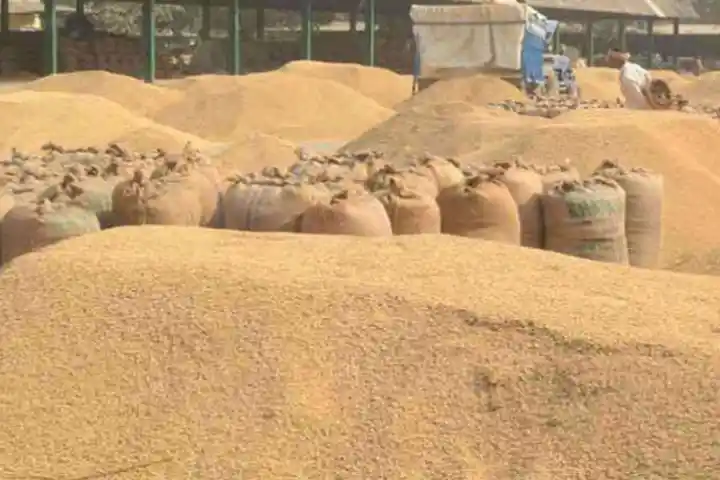Pakistan’s wheat imports have been rising amid slowing production. Rampant hoarding of the grain has further deepened the flour crisis in the South Asian nation which was once known as an exporter of wheat. A few days ago, the Pakistan Flour Mill Association asked the Shehbaz Sharif government to import at least a million tonnes of wheat on an urgent basis to ease the flour shortage.
Contrary to the government’s claims of a “bumper wheat production, flour mills are empty, “due to the prohibition on millers by the provincial governments of Punjab and Sindh from procuring wheat this year,” the Express Tribune said. This is leading to acute shortage of the staple grain.
Last year’s devastating floods aggravated the problem after swathes of cultivable land got swept off in key wheat-producing states such as Punjab and Sindh. On an average, the country’s wheat imports stand at $2 billion annually. Islamabad may be pushed to increase imports of wheat.
According to S&P Global, Punjab and Sindh together account for 77 per cent and 15 per cent of Pakistan’s wheat production, respectively. Large part of crops in these regions were not only destroyed due to the floods but seeds and other storage facilities have been damaged as well.
The country’s wheat production has remained more or less stagnant for the last few years. The production growth has not been in sync with the population growth. The cultivation land has also shrunk.
Meanwhile, the scarcity of wheat and other food items have pushed up inflation. In May, Pakistan’s food inflation touched 48. 65 per cent compared to the corresponding month in the previous year. Food prices have been continuously rising in the crisis-hit South Asian nation. In January, food inflation was 42.9 per cent.
Since the beginning of the year, pictures and videos of people chasing food trucks have emerged embarrassing the Sharif government, which is desperately trying to resume the $6.5 billion bailout package of the International Monetary Fund (IMF). Not just several people have died while waiting for free food. Amid the rising crisis, hundreds of people are going hungry.
The crisis is not likely to end anytime soon even as the IMF loan resumes. The country has to make a repayment of about $3.7 billion by the end of this month amid dwindling foreign exchange reserves, which are currently at just $4 billion– barely enough to pay for imports for a few weeks. “So even if the country gets the necessary financial assistance, it will be used up to repay external loans, the situation at home will not change much,” a Pakistani entrepreneur living outside the country told India Narrative.
Also read: Is Finance Minister Ishaq Dar the mascot of Pakistan’s crippled economy?




















